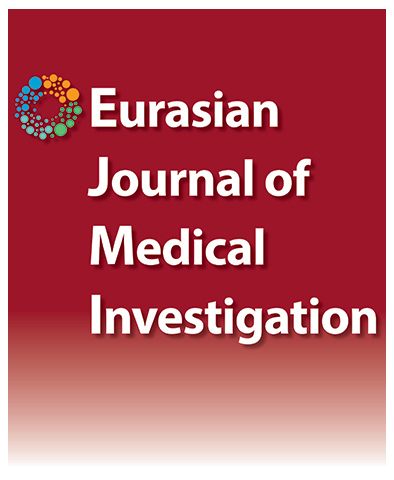Technological Advances in Detection and Diagnosis of Cancer
Vadlapudi VarahalaraoDiabetomics Medical Private Limited, Hyderabad, IndiaCancer is a major global health problem and leading cause of death globally. Recent advances in approaches and in-strumentation in diagnosis of cancer become accurate, precise and save human lives. Early-stage detection of cancer is essential for the treatment and disease management. There have been several new advancements within radiation oncology in terms of utilizing Positron emission tomography (PET). The most widely used imaging method present for the diagnosis of cancers is the PET and F-FDG-PET/CT. Fluorescence in situ hybridization (FISH) procedure is possible to recognize tumor-specific abnormality. Enzyme-linked immunosorbent assay (ELISA) is the most frequently used tech-nique amongst immunoassays for cancer detection and diagnosis. In the coming years, it is expected for molecular diagnostics metabolomics will play a crucial role in cancer detection. Scientists developed affordable, accurate, and simpler ELISA based detection for various cancers. Protein biomarkers for cancer detection typically emerge from the cancer cells. Molecular based techniques Polymerase chain Reaction (PCR), RNA-based assays, Nanotechnology (NT) based, Artificial intelligence (AI) and Bioinformatics based are emerging as more accurate and speedy techniques for early detection of cancer.
Keywords: Artificial intelligence, bioinformatics, cancer, Polymerase Chain Reaction (PCR)
Manuscript Language: English





